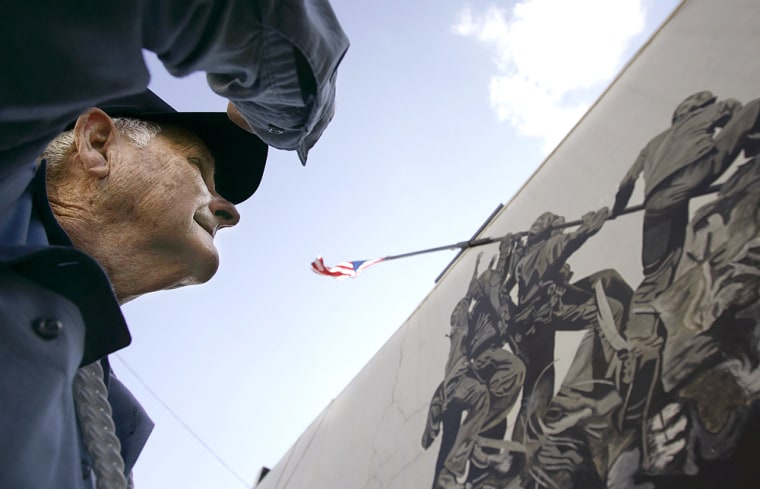The National D-Day Museum, looted and vandalized in the aftermath of Hurricane Katrina, reopened Saturday with a smaller staff but with its artifacts and exhibits intact.
About 300 people were on hand for the opening and more filed in through the day to see the interactive video and audio exhibits that complement the artifacts, war planes and military vehicles on display.
Unlike much of the city, the museum in downtown New Orleans was not flooded. However, it suffered about $200,000 to $300,000 in damage, primarily related to theft and vandalism at the gift store and coffee shop, both of which were open Saturday, said president and chief executive Nick Mueller.
The museum will now operate with full-time staff of 26, rather than its 62-member pre-Katrina payroll. The museum’s volunteer contingent has declined from 250 to 60.
And it will be open five days a week, instead of seven, closing on Sunday and Monday.
Still, Mueller said the museum will play an important inspirational role in New Orleans’ comeback.
“Even with a skeleton crew, this museum needs to be in the vanguard of the tourist recovery of the city of New Orleans,” Mueller said.
The museum was opened on June 6, 2000, on the 56th anniversary of the Allied invasion of Normandy. It was the nation’s first museum dedicated specifically to World War II, the war America entered after the Dec. 7, 1941, attack on Pearl Harbor.
Since then, it has been visited by more than 1.5 million visitors, most of them from outside Louisiana.
The $33 million museum was built with government grants and private donations. It was founded by historian and author Stephen Ambrose.
